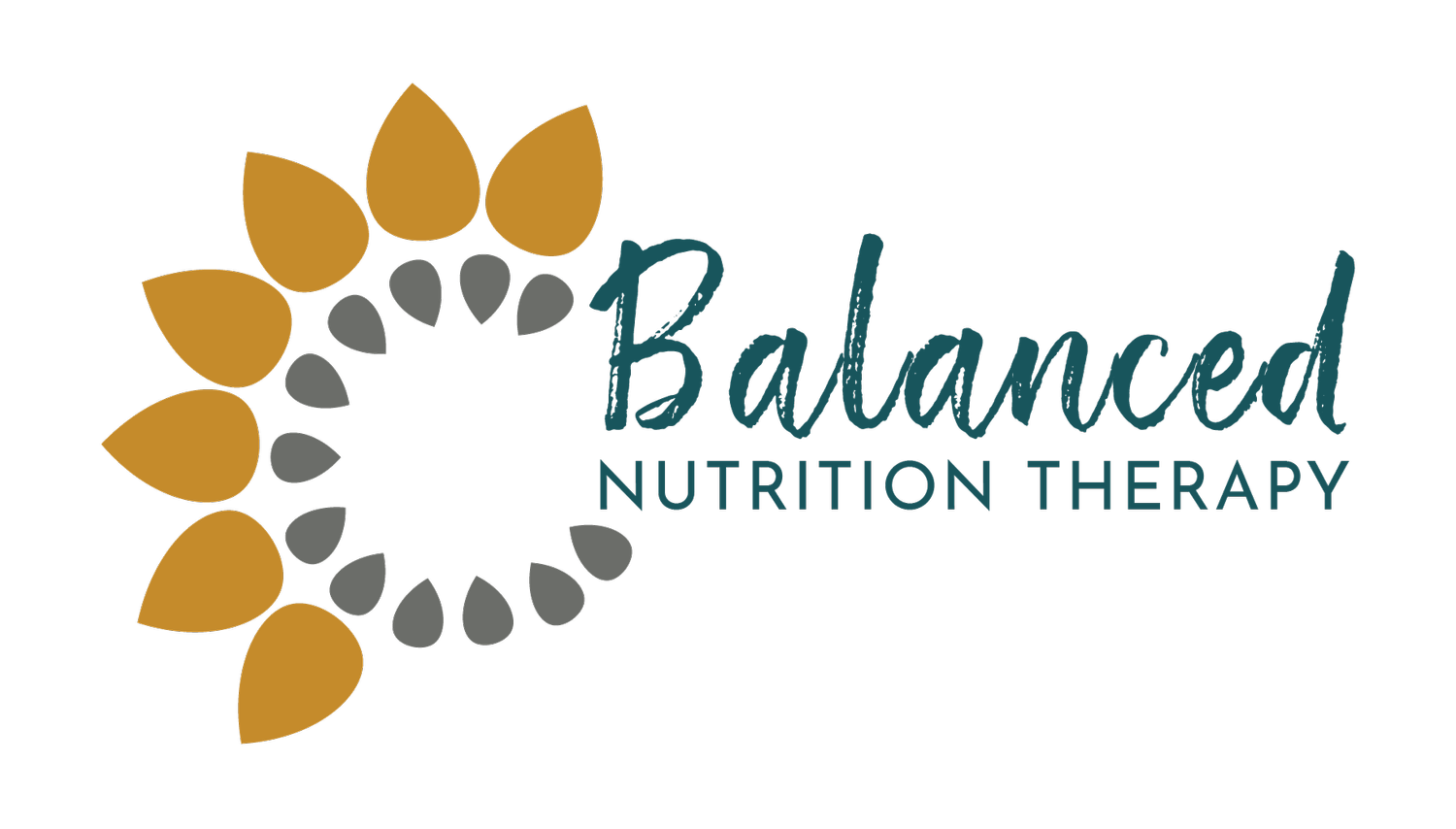Understanding the In-Between: You Don’t Have to Fit a Label to Deserve Help
Many people come to us saying, “I know something’s not right… but I’m not sure what it is.”
Others have heard terms like anorexia, bulimia, or binge eating disorder and felt like they didn’t quite “fit the mold.” If that sounds familiar, you might be experiencing OSFED a lesser-known but very real and often misunderstood eating disorder.
Help for OSFED (Other Specified Feeding or Eating Disorder) in St. Louis
What Is OSFED?
OSFED stands for Other Specified Feeding or Eating Disorder. It’s a diagnosis used when someone is clearly struggling with disordered eating, but doesn’t meet all the specific criteria for anorexia nervosa (AN), bulimia nervosa (BN), or binge eating disorder (BED).
This doesn’t mean it’s any less serious. In fact, OSFED can be just as disruptive, isolating, and dangerous as any other eating disorder. And yet, this group often goes undiagnosed or untreated simply because they don’t “look” like what people imagine when they picture an eating disorder.
At Balanced Nutrition Therapy, we work with a lot of people who fall into this category and we’re here to say: your struggles are real, and you deserve support.
Common OSFED Presentations
Every person is unique, but here are some of the ways OSFED might show up:
Restrictive eating without being classified as “underweight”
Purging behaviors (vomiting, laxative use, or over-exercising) that don’t occur as frequently as required for a bulimia diagnosis
Binge-like behaviors without meeting the full criteria for BED (such as frequency or volume)
Orthorexia-like patterns; obsessive focus on “healthy” or “clean” eating that interferes with quality of life
Atypical anorexia, where someone restricts significantly and shows medical compromise, but remains in a “normal” or higher-weight body
The truth is, OSFED often overlaps with symptoms of multiple eating disorders, which is why it can be so confusing. That’s also what makes working with experienced, compassionate professionals so essential.
Honestly? It’s mostly diagnostic technicalities that set OSFED apart from other eating disorders. The DSM (Diagnostic and Statistical Manual of Mental Disorders) has very specific criteria for each eating disorder such as the frequency of behaviors, weight ranges, etc. But you don’t need a textbook label to qualify for help.
And as Registered Dietitians, we don’t need a formal diagnosis to begin working with you. If your relationship with food, body image, or exercise feels like it’s interfering with your life…we can help.
How Is OSFED Different from Anorexia, Bulimia, or BED?
What Do People With OSFED Often Say?
If you’ve ever thought things like...
“It’s not that bad.”
“I’m not sick enough to get help.”
“I should be able to figure this out on my own.”
“I don’t belong in treatment.”
“I must be eating enough; I’m not underweight.”
“There are people worse off than me who need support more.”
“I wish my body looked like how I feel inside.”
…you’re not alone. These thoughts are very common among people with OSFED. The problem is, these beliefs can keep people stuck for years. The longer they wait for things to “get worse” before reaching out, the more pain they endure all the while real help is already available.
You don’t have to wait to get worse to get support.
What Emotions Often Show Up with OSFED?
People navigating OSFED often feel:
Confused about their symptoms and if they’re “real enough”
Ashamed for struggling in the first place
Anxious around food, weight, or the idea of needing help
Disgusted with their behaviors or body
Inadequate, as if they’ve failed at being “in control”
We help untangle these thoughts and give people the space and tools to build a more peaceful, compassionate relationship with food and body image.
How We Support People with OSFED
We take a whole-person, non-diagnostic-dependent approach. Here’s how we help:
1:1 Nutrition Therapy
with a specialized Eating Disorder Registered Dietitian.
Recovery Coaching
to support behavior change, motivation, and accountability between sessions.
Meal Support
and food exposures as needed. Group and individual support is available.
Collaboration with Your Treatment Team
including therapists, physicians, or other providers.
Text Support
to bridge the gaps in between sessions.
Not in St. Louis? We’ve Got You.
Our office is in Crestwood, MO, and we work with clients across the Greater St. Louis area.
We also offer virtual support in multiple states and our recovery coach is available worldwide.
Let’s Talk About Recovery
One of the biggest shifts we see in our OSFED clients is when they realize:
“I got help not because I met a diagnosis, I got help because I wasn’t okay.”
Together, we’ll explore the beliefs that kept you from reaching out sooner and start rebuilding trust with your body, one step at a time. You won’t do this alone.
Seeking Support for OSFED in St. Louis & Beyond
Whether you’re local to St. Louis or working with us virtually, we’re here for you. We support clients in Missouri, Illinois, and several other states through virtual care and we are passionate about meeting people who don’t quite fit a category but know something needs to change.
Common Subtypes We Can Help
Atypical Anorexia: All the restrictive thoughts and behaviors of anorexia, but without being underweight
Orthorexia: An extreme fixation on “clean,” “healthy,” or “perfect” eating that causes distress and rigidity
Subclinical Bulimia or Binge behaviors: Behaviors that occur less frequently or with less intensity, but still cause distress and impairment
These subtypes often overlap and evolve. You don’t need to fit into a single box to deserve help.

Your Time to Recover Is Now.
You don’t have to feel worse to get help. You just have to feel willing to do something about it.
Let’s take the next step, together.





